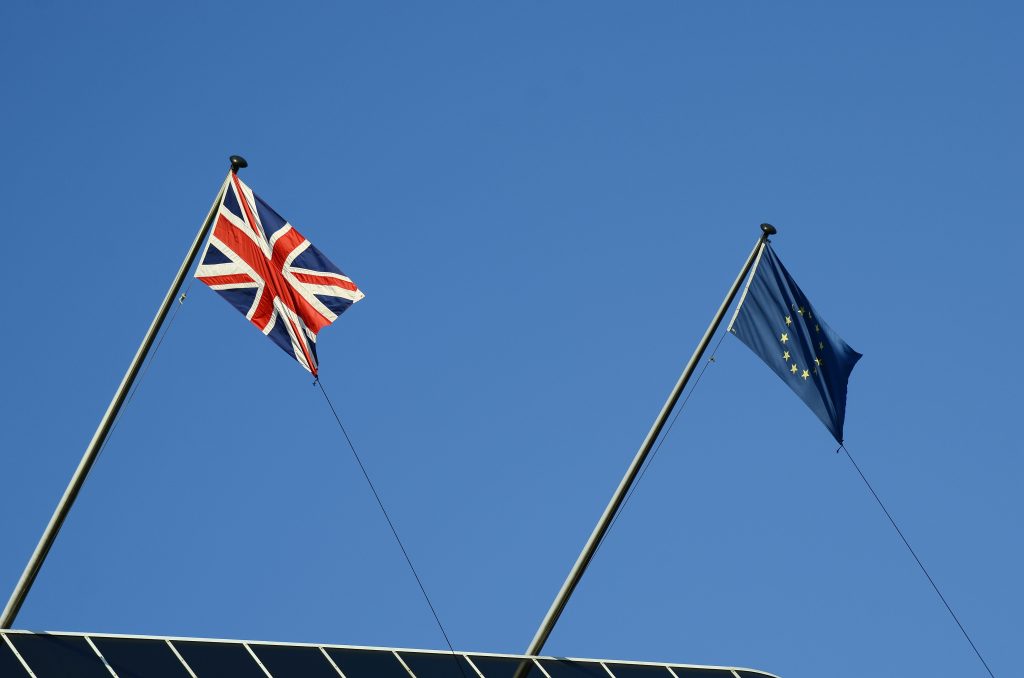
The future of UK electric car production is in jeopardy due to an impending post-Brexit “cliff edge” in January 2024.
- Meeting the new criteria poses a significant challenge for UK and European manufacturers heavily reliant on batteries from Asia.
- Chancellor Rishi Sunak assures ongoing talks on the UK’s participation in the Horizon Europe science program, emphasizing the importance of finding a solution beneficial to taxpayers.
The future of UK electric car production faces a significant threat from a post-Brexit “cliff edge” in January 2024, according to industry leaders. The Society of Motor Manufacturers and Traders (SMMT) has warned that the growth of the UK’s electric car sector is at stake unless a deal is reached with the EU to delay new tariff rules until 2027.
Under the changes agreed upon in the Brexit deal, set to take effect in 2024, electric cars exported from the UK to the EU must meet stricter “rules of origin” criteria. This means that 45% of an electric car’s value should originate in the UK or EU to qualify for trade without tariffs. However, as both UK and European manufacturers heavily rely on batteries from Asia, meeting these criteria seems increasingly challenging, making tariffs all but inevitable.
The threat of tariffs has led to warnings from major carmakers, including Ford, Jaguar Land Rover, and Stellantis. These companies have said that the tariffs would make it uneconomical to produce electric cars in the UK, and that they could be forced to move production to other countries.
SMMT CEO Mike Hawes emphasized the urgent need for a three-year delay, stating, “There is huge potential for growth, and that growth is now at risk from tariffs.” The SMMT called for the suspension of the new requirements, allowing the existing regulations to continue until 2027. “We need to make sure those [tariffs] aren’t applied or else there is the real potential that the [electric vehicles] EVs are more expensive and face a tariff whereas petrol diesel doesn’t. We can’t afford to have a last minute, 31 December agreement, because business needs to plan its volumes.”
Business Secretary Kemi Badenoch acknowledged the concerns raised by the SMMT and committed to addressing the issue with the EU’s ambassador to the UK. She recognized the automotive sector’s unique challenges post-Brexit and the need to find a solution.
The SMMT highlighted the detrimental impact of the 2024 tariffs, noting that British-built electric vehicles would become uncompetitive in the UK’s largest export market, while prices for British buyers would rise. The organization called on political parties to commit to a tenfold increase in annual electric vehicle production to over 750,000 units by 2030, which would represent a cumulative value of £106 billion.
Labour’s Shadow Transport Secretary, Louise Haigh, echoed the need for action and proposed boosting domestic electric vehicle battery production, which could generate 30,000 new jobs. Haigh urged the government to prioritize an agreement with the EU to ensure manufacturers have sufficient time to prepare for the new rules of origin, thereby making Brexit work in favor of the industry.
Meanwhile, Chancellor Rishi Sunak reassured that talks on the UK’s participation in the Horizon Europe science program have not stalled but are undergoing a detailed examination of financial aspects. He emphasized the importance of any agreement being beneficial to taxpayers and stated that the optimal outcome would be finding a solution that works for the UK.
As the clock ticks towards the January 2024 deadline, the fate of the UK’s electric car industry hangs in the balance. The outcome of negotiations and potential delays in implementing new tariff rules will play a crucial role in shaping the future of UK electric car production and the UK’s position in the global automotive market.
Inside Telecom provides you with an extensive list of content covering all aspects of the tech industry. Keep an eye on our Tech sections to stay informed and up-to-date with our daily articles.